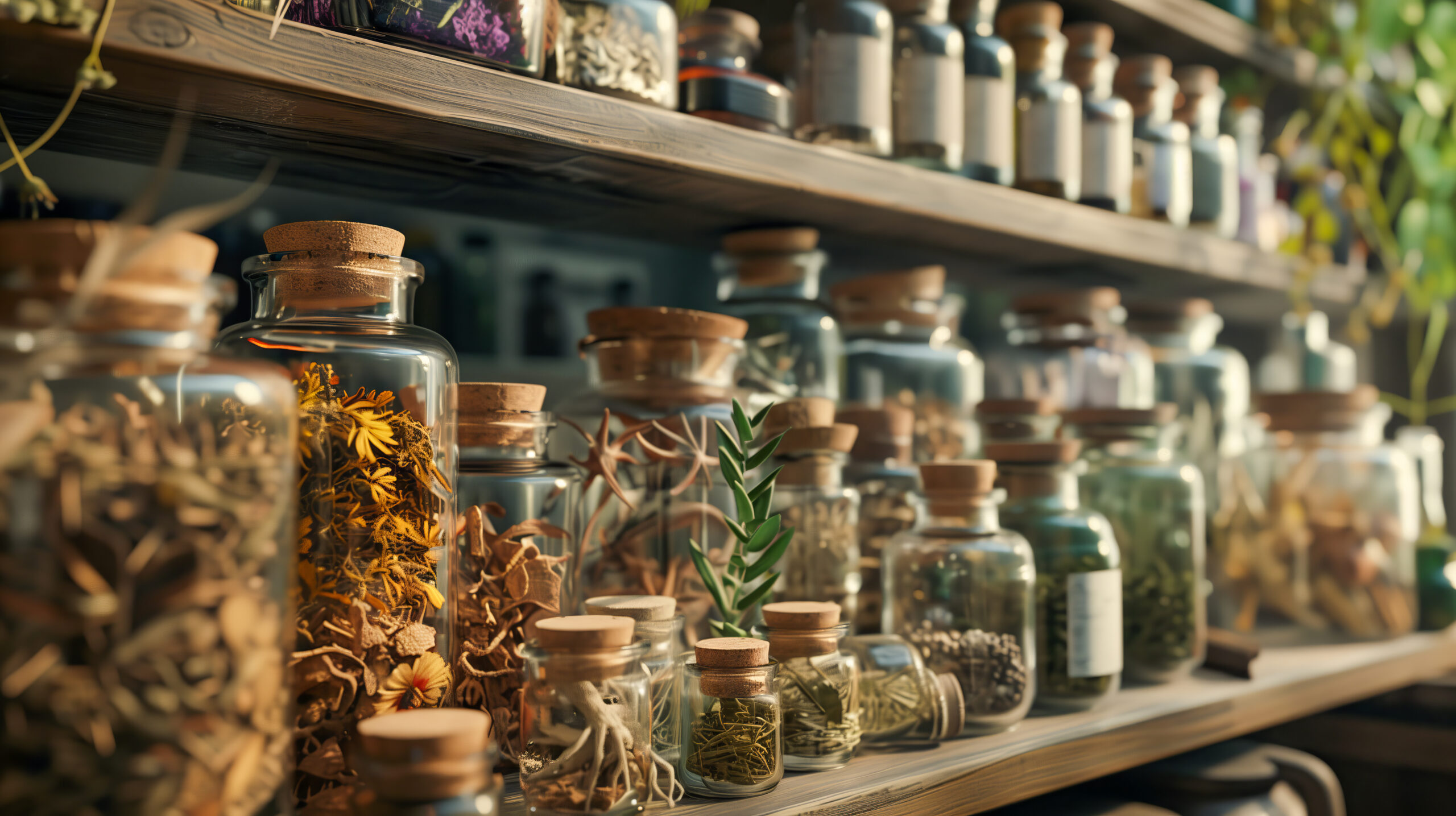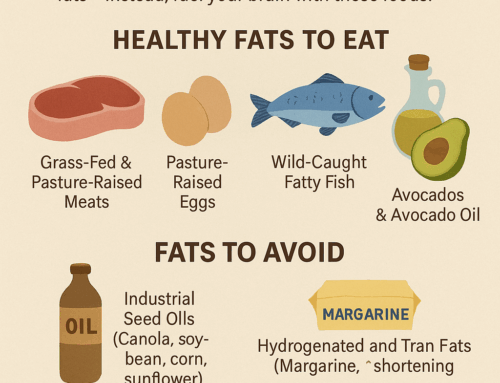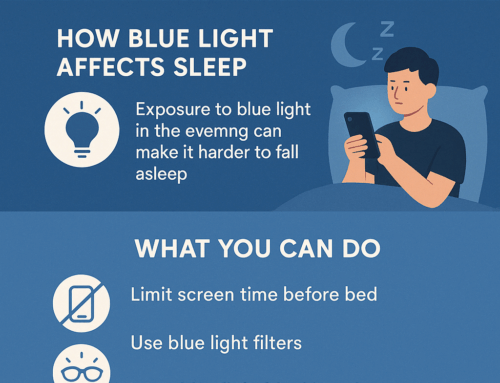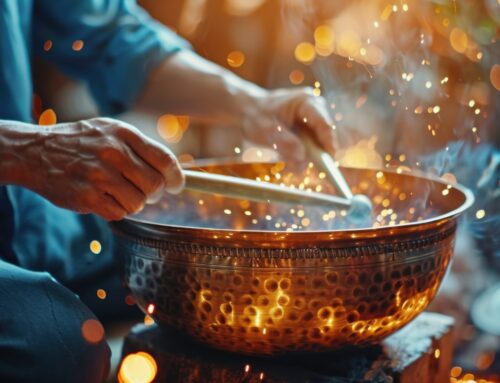Many people are finding themselves grappling with depression and anxiety. About 20.78% of adults in the U.S., or 50 million Americans, live with mental illness, per 2019-2020 data from Mental Health America. (https://www.forbes.com/health/mind/depression-statistics/). While professional treatment may be necessary, natural remedies, including specific herbs, can help manage symptoms. Here’s a look at some common herbs for depression and anxiety known for their potential to help manage depression and anxiety symptom
Please keep in mind that many herbs should not be taken if you are pregnant or nursing unless a healthcare provider deems it safe. Always consult with an herbalist before starting any herbs if you are pregnant or nursing or are on medications.
To learn more about the importance of diet in improving symptoms, visit our blog post.
- St. John’s Wort (Hypericum perforatum)
Benefits: St. John’s Wort is one of the most well-known herbs for treating mild to moderate depression. It is believed to work by increasing neurotransmitters such as serotonin, dopamine, and norepinephrine in the brain, which help regulate mood. “In a double-blind study, St. John’s wort extract was compared to fluoxetine (an SSRI) in a group of elderly subjects with mild-to-moderate depression. Researchers found that St. John’s wort was just as effective as fluoxetine and elicited no adverse effects on cognitive performance.” https://botanicalinstitute.org/herbs-for-depression/
Usage: It is typically consumed in capsules, tablets, tinctures, or tea. However, it’s essential to consult with a healthcare provider before using St. John’s Wort, as it can interact with various medications, including antidepressants, birth control pills, and blood thinners.
- Valerian Root (Valeriana officinalis)
Benefits: Valerian root is commonly used to treat anxiety and insomnia. It has a soothing effect that can help improve sleep quality and reduce anxiety.
Usage: Valerian can be taken as a supplement, in tea, or as an extract. Due to its calming properties, it’s best used in the evening. As with any supplement, following the recommended dosage and consulting a healthcare professional is crucial, especially if taking other medications. Remember that valerian can taste and smell awful, so you may want to combine it with other herbs to mask the scent.
- Ashwagandha (Withania somnifera)
Benefits: Ashwagandha is an adaptogen that helps the body adapt to stress. It’s been shown to reduce cortisol levels (the stress hormone) and improve symptoms of anxiety and depression. In a clinical study, Ashwagandha proved to be promising for treating depression in individuals struggling with schizophrenia. The participants’ depression and anxiety scores improved significantly after taking 1000mg daily for three months.
Usage: Ashwagandha is available in various forms, including capsules, powder, and tincture. Regular use is often recommended to experience its full benefits, but it should be taken under the guidance of a healthcare provider.
- Lavender (Lavandula angustifolia)
Benefits: Lavender is widely known for its calming and relaxing properties. It’s often used in aromatherapy to help reduce anxiety and improve sleep. They performed a study of 93 participants who struggled with high levels of stress and anxiety, and they found that aromatherapy with lavender helped their symptoms while the lavender essential oil therapy was active.
Usage: Lavender oil can be diffused in the air, applied topically, or added to bathwater. Lavender tea is also popular. While generally safe, it’s best to use it as directed to avoid potential side effects.
- Passionflower (Passiflora incarnata)
Benefits: Passionflower is often used to treat anxiety and insomnia. It works by increasing levels of gamma-aminobutyric acid (GABA) in the brain, which helps reduce brain activity and promote relaxation.
Usage: Passionflower is available in tea, tincture, and capsule form. It is usually safe for short-term use, but long-term safety hasn’t been well studied, so it’s advisable to consult a healthcare provider for guidance.
- Rhodiola (Rhodiola rosea)
Benefits: Rhodiola is another adaptogen that helps the body resist physical, chemical, and environmental stress. It has been found to improve symptoms of fatigue and mild depression.
Usage: Rhodiola is commonly taken as a capsule or tablet supplement. It’s important to follow dosing recommendations and consult a healthcare professional before starting to avoid potential side effects like dizziness or dry mouth.
- Chamomile (Matricaria chamomilla)
Benefits: Chamomile is renowned for its calming effects and is often used to alleviate anxiety and promote sleep. Some studies suggest it may also have antidepressant effects. A double-blind, placebo-controlled trial found that 1,500mg of chamomile extract daily had an antidepressant and anxiolytic effect on those with generalized anxiety disorder and depression. Researchers believe this effect may be due to chamomile’s ability to regulate the body’s stress response.
Usage: Chamomile is most commonly consumed as tea. It’s generally safe, but individuals with allergies to plants in the daisy family should use it cautiously.
- Lemon Balm (Melissa officinalis)
Benefits: Lemon Balm is famous for improving sleep and reducing anxiety symptoms. Many studies show that it helps reduce postpartum depression.
Usage: Lemon Balm is often taken in teas, tinctures, and capsules. It is often safe but can interfere with thyroid medication. As with all other medications, consult an herbalist or healthcare provider before adding it to your routine.
- Hops (Humulus lupulus)
Hops is probably best known for its use in beer, but did you know it is also known for boosting mood naturally? It is also known to improve sleep, help with menopause symptoms, and decrease depression and anxiety. In a study conducted with younger adults who were struggling with depression and anxiety, they found that after four weeks, they saw significant improvements in symptoms.
Usage: Hops are often taken internally as a tea or tincture. Some dry the herb and take it as a capsule as well. As with all other herbs, consult an herbalist before taking.
- American Skullcap (Scutellaria lateriflora)
Skullcap is an herbal remedy known for its ability to improve sleep and depressive and anxiety symptoms. American Skullcap, not to be confused with Chinese Skullcap, is a powerful nervine that supports the central nervous symptom. It has strong relaxing effects that help relieve stress and anxiety.
Usage: Skullcap is often taken internally in tea, tincture, or capsule form. As with all herbs, consult an herbalist before including hops in your routine.
Conclusion
While these herbs can offer natural support for managing depression and anxiety, they are not a substitute for professional treatment. It’s crucial to consult with a healthcare provider or herbalist before starting any herbal remedy, especially if you are taking other medications or have underlying health conditions. Integrating these herbs into a comprehensive treatment plan, including therapy, lifestyle changes, and social support, can help you better manage symptoms and improve overall well-being.
Remember, natural doesn’t always mean safe for everyone, so always use herbs responsibly and seek professional guidance.
Feel free to reach out if you have any questions or need further information on incorporating herbs into your wellness routine!
To learn more, you can visit The Homegrown Herbalist site at https://homegrownherbalist.net/







Leave A Comment